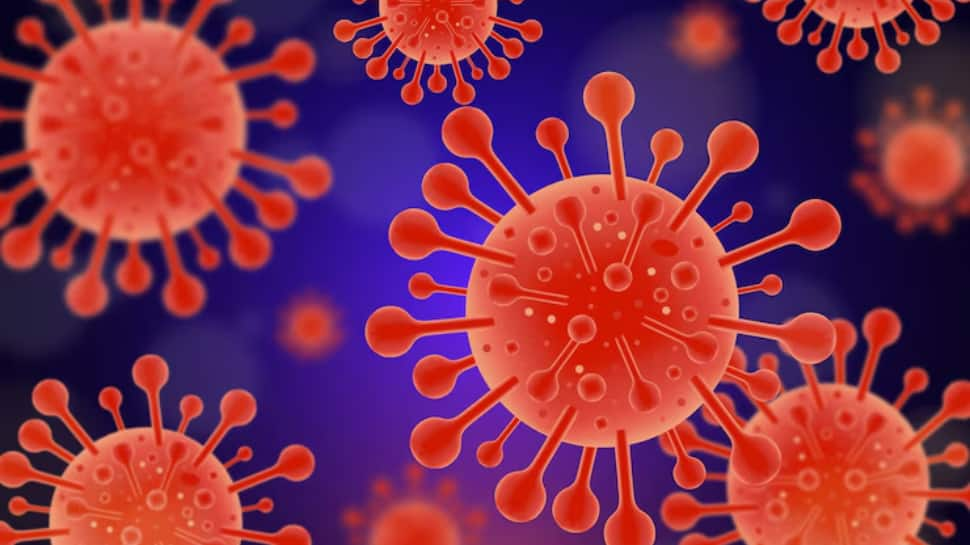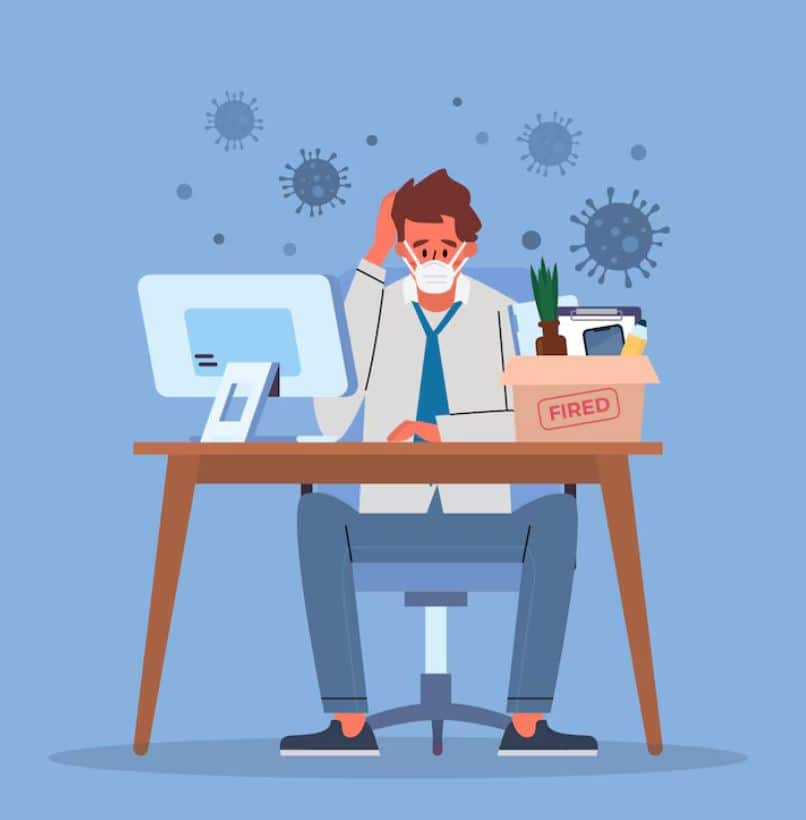COVID-19: India is once again seeing a spike in COVID-19 cases, with active infections climbing to 2,710 as per the Ministry of Health and Family Welfare’s update on May 31, 2025. The latest threat comes in the form of new subvariants like JN.1, NB.1.8.1, and LF.7, which are currently spreading across parts of Asia, including India. Although hospitalisation rates remain low, the Coronavirus in India is evolving, and so should our response, especially for those commuting daily to offices.
People who go to work daily, especially via public transport and in crowded office spaces, are more vulnerable to these emerging variants. So, what can you do to stay safe if you’re an office goer? Here’s everything you need to keep in mind.
Stay Vaccinated – It’s Your First Line of Defense
While most people received their primary COVID-19 vaccinations during the pandemic, it’s important not to become complacent. If you haven’t taken the vaccine for any reason, consult your doctor and get vaccinated. For those in high-risk groups—like the elderly, people with low immunity, or chronic illnesses—booster doses may be necessary. With new variants like COVID NB.1.8.1 and LF.7 in circulation, staying updated with your vaccines provides crucial protection.
Social Distancing Still Works
The virus spreads more easily in close-contact environments. Maintain at least one metre of distance from others whenever possible. Avoid crowded areas, especially during peak hours in public transport or crowded office cafeterias. Social distancing remains one of the most effective tools in preventing virus transmission, even in this post-pandemic phase.
Mask Up Smartly
Wearing a mask isn’t just about checking a box—it’s about protecting yourself and others. Choose a good-quality N-95 mask that fits snugly, especially in closed or poorly ventilated areas like lifts or meeting rooms. If you’re using a reusable mask, clean it thoroughly every day. Disposable masks should be used only once and discarded properly in a covered dustbin.
Hand Hygiene is Non-Negotiable
Washing hands thoroughly with soap and water is still one of the simplest yet most effective COVID-19 prevention tips. In the office or during commute, if handwashing isn’t possible, use an alcohol-based sanitiser. Always sanitise before eating, after using shared equipment, and upon entering or leaving your workplace.
Cough/Sneeze Etiquette Matters
Cough or sneeze into your elbow or a tissue—never into your hands or open air. Dispose of tissues immediately and wash your hands. This habit prevents the spread of droplets that may carry the virus.
Keep Surfaces Clean
Office goers should regularly disinfect their desks, keyboards, phones, and other frequently touched surfaces. Using disinfectant wipes at the start and end of your day is a simple but effective step to maintain cleanliness in shared environments.

Don’t Touch Your Face Unnecessarily
One of the easiest ways to infect yourself is by touching your eyes, nose, or mouth with contaminated hands. Make it a habit to keep your hands away from your face, especially when you’re unsure if they’re clean.
Build Your Immunity
A strong immune system is your natural shield. Eat foods rich in vitamin C, zinc, and protein, and stay hydrated. Daily exercise, especially breathing exercises, can boost lung strength and overall immunity, which is crucial during this phase of fluctuating COVID cases.
Be Alert to Symptoms, Act Quickly
Common symptoms of COVID-19 in 2025 include fever, cough, fatigue, and a loss of smell or taste. Newer variants like JN.1 are also causing more gastrointestinal symptoms and persistent low-grade fevers. If you feel unwell, don’t ignore it. Self-isolate, get tested, and consult a doctor. Isolation should last for 10 days from the onset of symptoms, continuing for at least three days after you feel better.

Why Precaution Still Matters
Although the World Health Organization currently classifies COVID NB.1.8.1 and LF.7 Variants as “Variants Under Monitoring,” their role in the current rise of cases across Asia and India cannot be ignored. According to INSACOG, NB.1.8.1 was reported in Tamil Nadu in April, and four cases of LF.7 emerged in Gujarat earlier in May. The COVID-19 JN.1 Variant remains the most widespread, accounting for 53% of current positive cases.
With symptoms evolving and the virus adapting, the Health Ministry continues to emphasise hygiene, social distancing, and mask use. The daily rise in COVID cases may seem manageable now, but complacency could easily undo months of progress.
COVID-19 isn’t over, and its variants continue to evolve. For office goers, the risks are real but manageable. By taking conscious, daily precautions, like masking up, maintaining hygiene, and watching for symptoms; you can protect yourself and your colleagues from unnecessary health risks. Stay informed, stay cautious, and stay safe.
(This article is meant for informational purposes only and must not be considered a substitute for advice provided by qualified medical professionals.)

